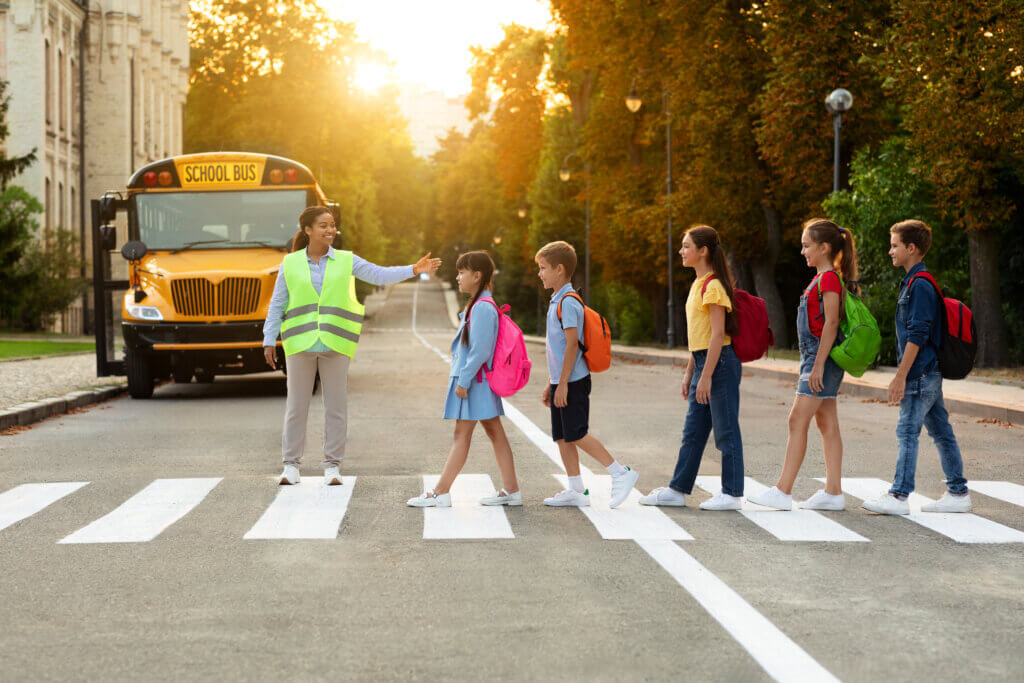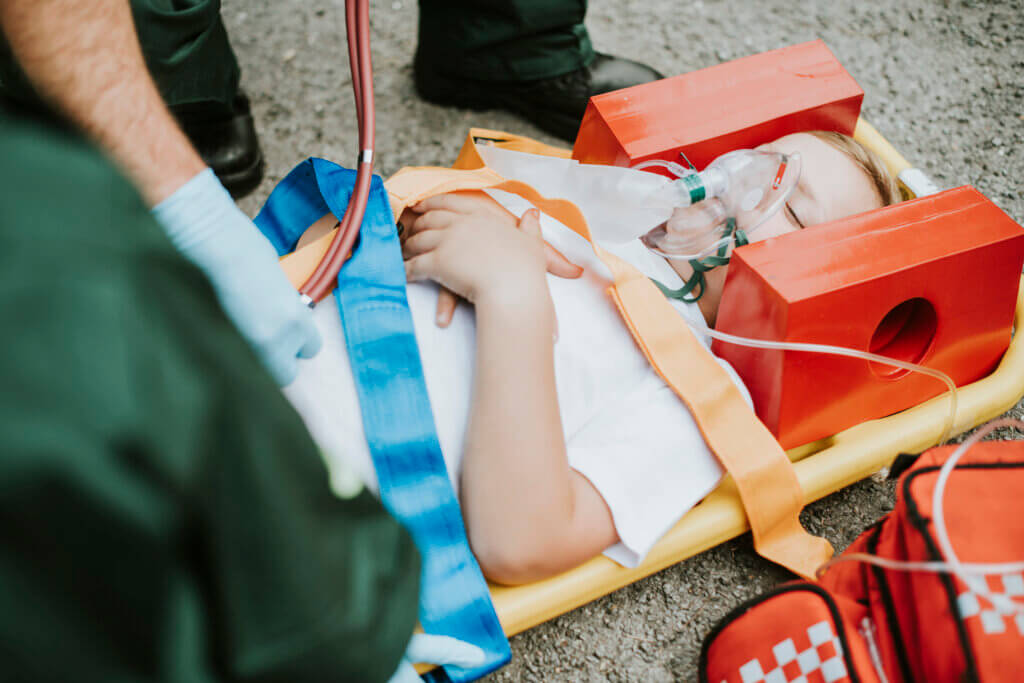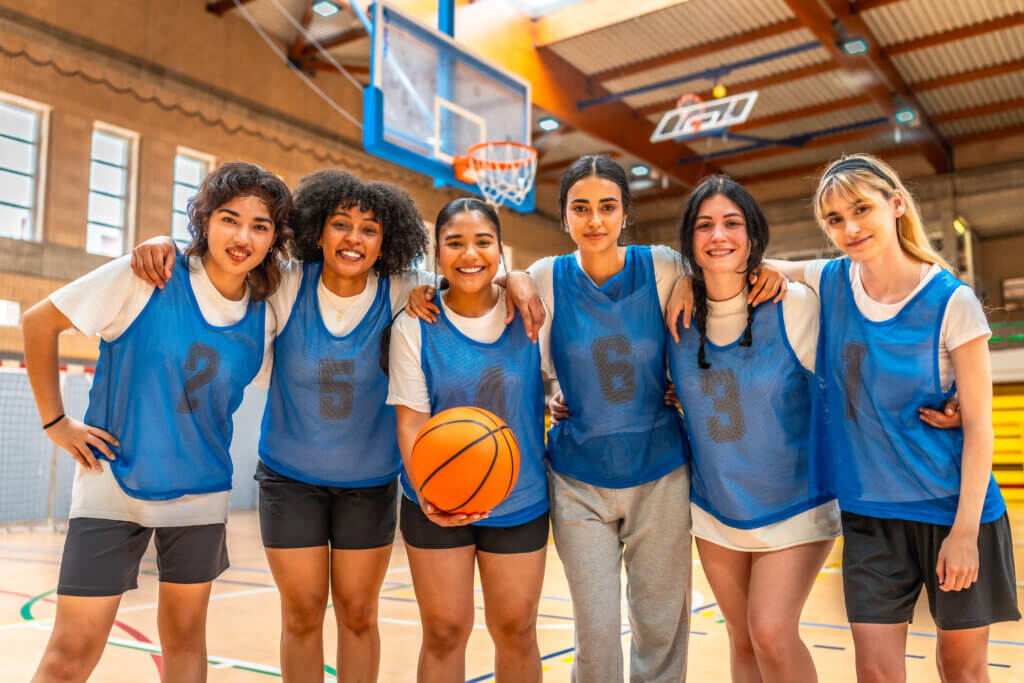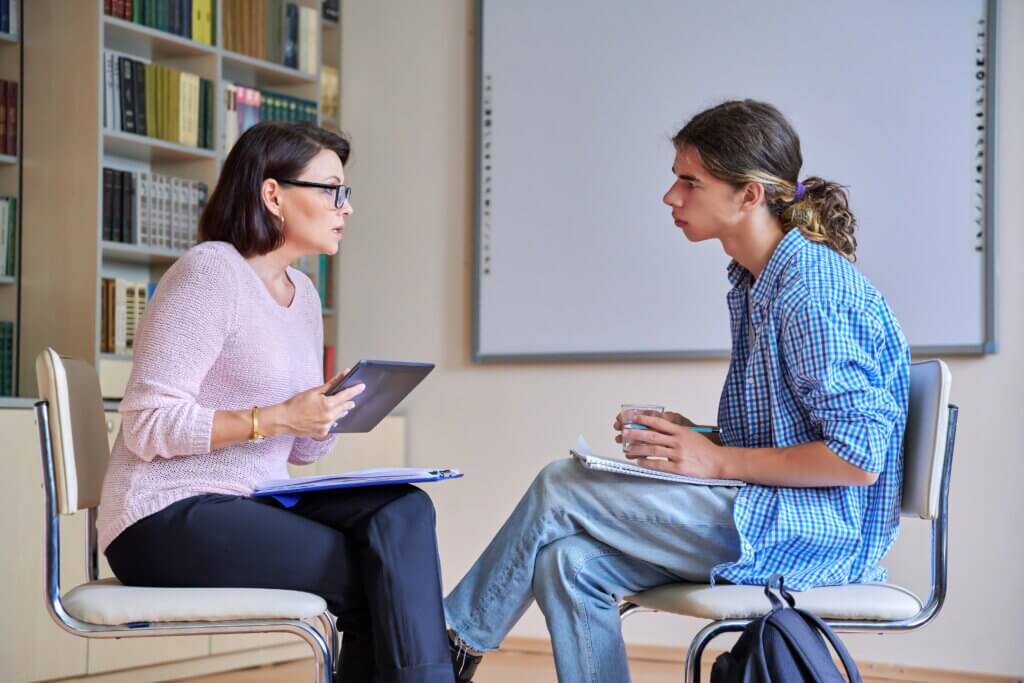Protecting Your Children from Accidents, Injuries & Legal Pitfalls This School Year
As Georgia students return to class, it’s not just school supplies and carpool schedules on parents’ minds, safety is, too. At Blasingame, Burch, Garrard & Ashley, we want to help families prepare for the unexpected with brief, practical legal tips covering the most common injury risks during the school year. If your child is seriously injured at school, on the way there, or because of bullying or negligence, you may have legal options.
Here’s what Georgia families need to know:
1. Pedestrian Safety: Teach It Before the First Bell Rings
Busy crosswalks, distracted drivers, and unsafe intersections can lead to tragedy. Teach your child to make eye contact with drivers, wait for the “walk” signal, and never assume a car will stop, even if the law says it should. It’s especially important to teach kids how to cross safely in front of a school bus.

2. School Bus Safety
Always cross at least 10 feet in front of the bus so the driver can see them, and children should never walk behind the bus. Children should also stop and look both ways for oncoming cars before stepping into the road, even if the bus’s stop sign arm is extended. Sadly, some drivers illegally speed past school buses.
3. What to Do If Your Child Is Hit by a Car
Whether it happens in a crosswalk, a school zone, or at a bus stop, a child being struck by a car can lead to serious, and sometimes life-altering, injuries. After seeking immediate medical care, it’s important to document as much as possible: take photos or video of the scene and your child’s injuries, gather contact information from any witnesses, and preserve any related evidence.
Once your child is stable, contact an experienced personal injury attorney. You may be able to recover compensation from the driver or another responsible party to help cover medical expenses, long-term care needs, and other losses.

Free Download: Get the Complete Back to School Legal Safety Guide
We’ve compiled these topics and more in a free, easy-to-read downloadable guide for Georgia families. It’s a great resource to keep on hand in case the unexpected happens this school year.
4. Injuries at School: Who’s Liable?
Schools are responsible for providing a safe environment. If a child is hurt due to unsafe conditions, poor supervision, or negligence, the school district, or even a third-party contractor, may be liable.
5. Playground & Sports Injuries
Broken equipment, lack of supervision, or negligent coaching can lead to preventable injuries. While not every accident leads to a lawsuit, serious injuries caused by unsafe conditions or recklessness might warrant a personal injury claim.

6. Hazing & Severe Bullying
When bullying or hazing crosses into physical harm or causes a child to suffer long-term trauma, legal action may be possible, especially if the school knew about the behavior and failed to act. Click here to learn more about hazing.
7. Suicide or Mental Health Crises
If a school fails to respond to known mental health risks, bullying, or abuse, and a student is seriously harmed or dies, the family may be able to pursue a claim for negligent supervision or failure to protect.

8. Medical Emergencies at School
Allergic reactions, asthma attacks, or injuries requiring quick action can turn tragic if not handled properly. Schools have a duty to follow emergency protocols and administer care responsibly.
9. Social Media Dares & Dangerous Trends
Online “challenges” can lead to serious injuries, and some involve peer pressure or negligence on school grounds. If your child is seriously harmed or killed because of a trend gone wrong, don’t assume nothing can be done. Fill out our online contact form with the details and we can help determine whether you have a valid case.

Talk to a Georgia Injury Lawyer Who Understands What’s at Stake
At BBGA, our attorneys are parents too, and we know how important it is to protect your children and your peace of mind. If your child is seriously injured or killed, we’re here to listen and help. Call us at (706) 354-4000 or contact us online for a free consultation.

